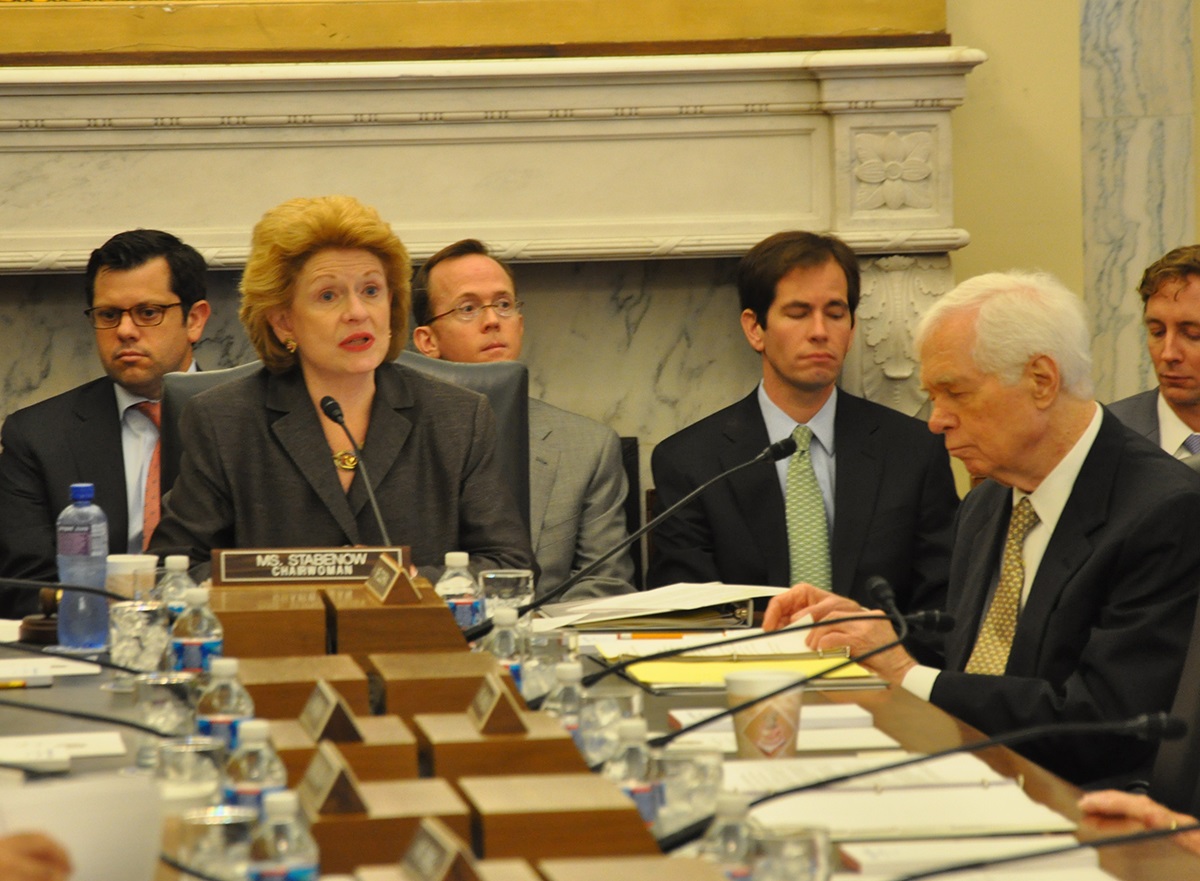WASHINGTON — Some senators are concerned that the U.S. futures market could fall victim to the nefarious high frequency trading practices made famous by Michael Lewis in “Flash Boys,” but industry experts warn against rushing to implement new regulations.
“What is really driving this is a fear that [electronic trading] could go out of control,” said Scott Irwin, professor of agricultural and consumer economics at the University of Illinois Urbana-Champaign. “I don’t believe that’s a valid concern.”
The Justice Department and Securities Exchange Commission are investigating alleged abuses by high-frequency traders in the equities market. The potential for similar abuses in the futures market, which operates separately, spurred a Tuesday hearing on the Hill.
“These markets have changed dramatically over the years – for a 21st century market, we need a 21st century regulator,” said Sen. Debbie Stabenow, D-Michigan, chairwoman of the Senate Agriculture committee.
But some experts say that increased regulation isn’t the answer to ensuring integrity in the futures market.
“Increasing regulation could work to the benefit [of high-frequency traders],” said Pete Kyle, professor of finance at the University of Maryland. “I think you have to be very careful in evaluating regulatory changes.”
Increasing staffing and funding levels of the federal agency that oversees the futures market, the Commodity Futures Trade Commission, should be a higher priority than drafting and implementing new regulation, Kyle said.
“They don’t have the staff to do what they’re required to do,” he said.
The CFTC, which was given a plethora of new responsibilities by the Dodd-Frank Act in 2009, has lost staff in recent years. Its division of market oversight, which is responsible for rules enforcement and market surveillance, is currently operating with about 109 employees, according to Vince McGonagle, director of the division.
“We do face substantial staff shortages,” McGonagle said.
On the industry side, the president of CME Group Inc., which runs the nation’s largest futures exchange, the Chicago Mercantile Exchange, said he would herald increased oversight by the CFTC.
“I don’t believe the CME has a credible business if we don’t have a credible regulator,” Duffy said.
He said he wants futures market regulation to be “the envy of the world.”

